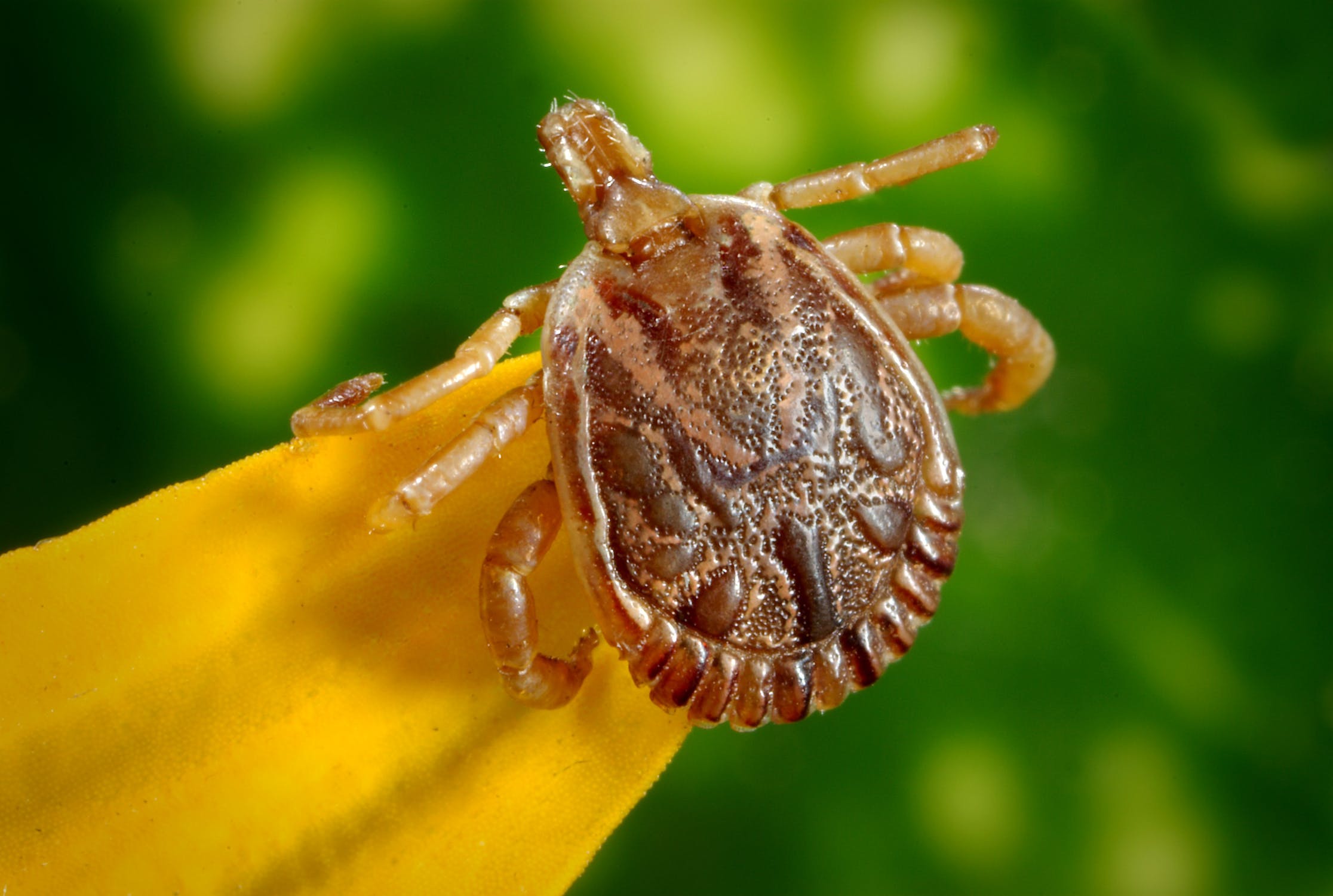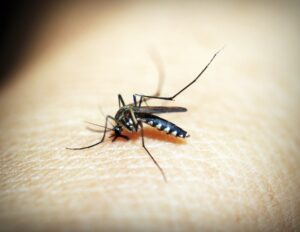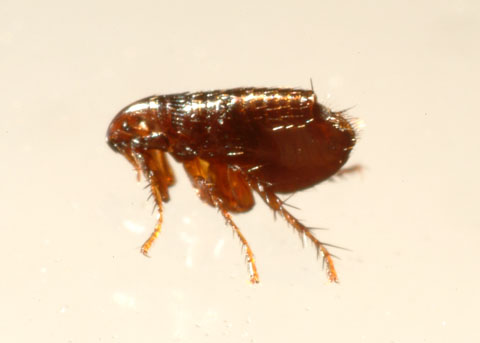
BLOG
Cooler Weather Doesn’t Mean No Fleas or Ticks!
Merritt Milam | October 1, 2021
Ah, fall is here and that means cool mornings, football, and fleas? Yes, fleas! Just because the heat of summer changes to cooler days and nights, doesn’t mean the problems of fleas, ticks, and heartworms are over until next spring.
-
Fleas can survive in temperatures of -30 degrees Fahrenheit
-
Flea eggs that fell into your carpeting and furniture last summer may develop into adult fleas in the warmer environment of your home
-
Ticks don’t die with the first frost. Some can live all winter in homes and kennels.
-
A few days of temperatures above 57 degrees Fahrenheit and heartworm larvae can develop to the infective stage within the mosquito, ready to be transferred to pets with a single mosquito bite.
Here’s a look at these bugs and how you can help your pet enjoy life without them year-round.
Fleas
When a flea bites your pet, it leaves behind its saliva, causing irritation and often leading to skin dermatitis. Severe cases of flea bites can lead to diseases such as anemia and tapeworms. Tapeworms cause weakness, weight loss and vomiting. The most serious cases can be fatal.
Ticks

Ticks are really a flea’s big brother. After attaching themselves to your pet with their mouth, ticks will drink your pet’s blood (sorry, just the facts). Ticks carry bacteria that causes several diseases. These illnesses can make your dog extremely sick, causing lameness, fever, vomiting, diarrhea, and neurological abnormalities.
Mosquitos
Mosquitos carry the heartworm parasite. This is extremely dangerous and can also be fatal to your pet.
The signs of heartworm disease include:

-
Persistent cough
-
Fatigue
-
Decreased appetite
-
Weight loss
Unless detected early, disease progression will lead to heart failure (often noticed as an appearance of an extended belly). Dogs can develop sudden blockages of blood in the heart that lead to life-threatening heart failure, called caval syndrome.
How You Can Help!
Despite the dangers of these parasites, you can keep your pet safe year-round. From topicals, oral chewables, and collars, the following are a few effective options available from your pet’s veterinarian.
Dogs
For dogs, NexGard® is a monthly chewable dose that kills adult fleas. This prescribed medicine is indicated for the treatment and prevention of flea infestations along with the treatment/control of tick infestations in dogs and puppies 8 weeks of age and older.
To treat heartworms and other intestinal worms in dogs, vets prescribe Heartgard® Plus. This monthly chewable prevents the invisible threat of heartworm disease while treating and controlling five species of intestinal worms.
Flea and tick collars from Seresto® are also available. The collar kills fleas and ticks, also and repelling them before they bite. It can work up to 8 months as long as you only bathe your dog once a month.
Cats

Our feline friends can be protected from 6 common parasites with one dose of REVOLUTION® PLUS. A monthly topical dose is simple to apply. It is quick drying and does not require gloves to apply – just wash hands and engage with your cat as usual.
Melanie McLean, D.V.M., a veterinarian at the U.S. Food and Drug Administration (FDA), offers thoughts worth considering, “You never know when the first mosquito is going to come out, or when the last mosquito is going to die.”
Make sure you keep your pet safe from fleas, ticks, and heartworms this fall, and year-round, with preventative treatments prescribed by your pet’s veterinarian.
While fall may be here, it’s important to maintain your pet’s flea and tick preventative.



